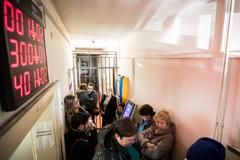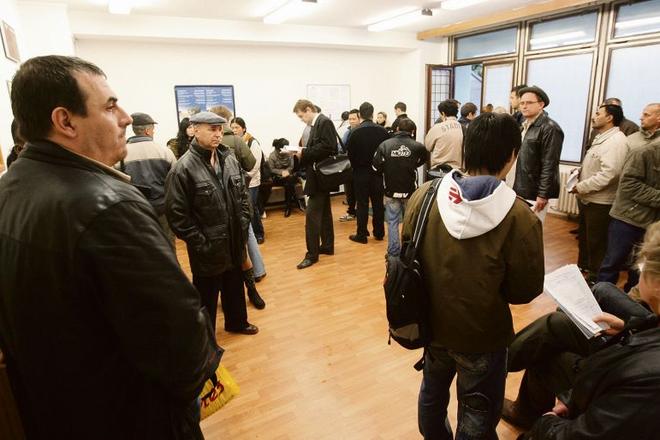Slovakia is changing the conditions for the entry and residence of foreigners in Slovakia for a period longer than 90 days, the TASR newswire wrote on January 10. They have been adjusted based on a 2016 European-Union directive, after an amendment to the law on foreigners’ stay was green-lighted by the government on that day.
The rights of third-country nationals intending to research, study, undergo professional training or work in the European Voluntary Service and for researchers and their relatives were also laid down.
The amendment to the law, drafted by the Interior Ministry, also stipulates the conditions for the mobility of students, researchers and their family members who have been previously granted a residence permit by another EU-member state based on the EU directive. Until now, the rules were mandatory only for students and researchers, while they were optional for pupils, unpaid interns and volunteers.
“Basically, it’s about adopting the EU rules, but above all it’s about simplifying access to our market for scientists and students, so the exchange of brains is easier within Europe and we can reduce to a certain extent or completely remove the barriers that have hindered such exchanges,” Interior Minister Robert Kaliňák told TASR.
Students who graduated in a EU-member state, and researchers after completing their research in a member state should have the right to stay in the country for nine months afterwards.
Who do the changes concern?
The changes mostly involve the institution of tolerated stay, which scraps some categories of third-country nationals which are covered by the new regulations on third-country nationals staying in Slovakia.
The rules for unlimited stay in Slovakia without fulfilling the stipulated requirements are changing, too, according to TASR.

Ultimately, these groups of foreigners can contribute to improving the education process and also make the Slovak economy more focused on research and development. These foreigners should also expect to experience a simplification of the rules in practice in Slovakia, particularly when temporary stay is concerned. Kaliňák further said that the ministry will probably present comprehensive adjustments related to this new approach to foreigners at the beginning of February.
If approved by parliament, the amendment will be effective as of May 1, the SITA newswire wrote.



 'Customers' at the Alien Police in Petržalka face a long wait. (source: SME)
'Customers' at the Alien Police in Petržalka face a long wait. (source: SME)